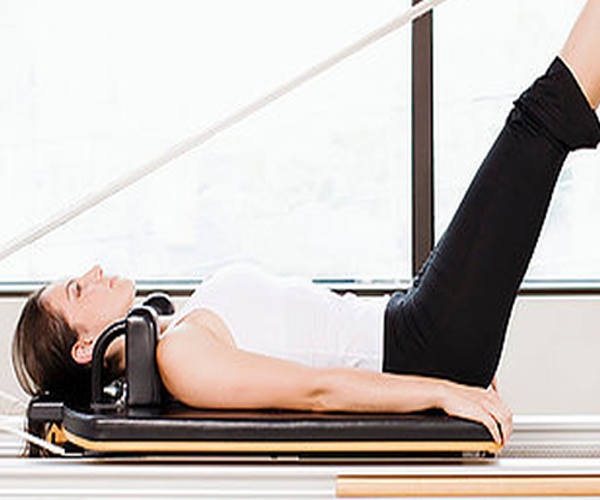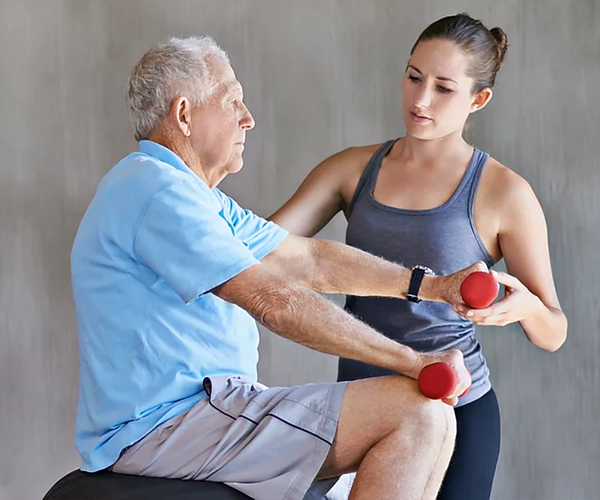What is PoTs?
Postural Orthostatic Tachycardia Syndrome (POTS) is characterised by an inability to maintain an upright posture for a prolonged period of time and an excessive and unsettling surge in heart rate. Patients will therefore understandably avoid activities that involve an adopting an upright posture. Whilst this may make them feel better in the short term, it unfortunately results in progressive deconditioning which in turn makes the symptoms worse in the medium and long term.
Patients will also complain of a multitude of associated symptoms including extreme fatigue, breathlessness, chest pain, and lack of refreshing sleep, gut issues, temperature regulation problems and severe brain fog.
A majority of patients will also have associated conditions such as Ehlers Danlos Syndrome – joint hypermobility syndrome, Chronic Fatigue Syndrome, and Irritable bowel syndrome.
Confirming an excessive increase in heart rate during a formal tilt table test usually makes the diagnosis. A negative tilt table test however does not exclude the diagnosis. Therefore the diagnosis is best confirmed or refuted on the basis of history and clinical features by an experienced doctor rather than by a single test result.
PoTs and Physiotherapy
PoTs is best managed in a multidisciplinary and holistic manner by a team of professionals with experience in management of this condition. Such a team should consist of doctors, specialist nurses, physiotherapists, and dieticians and sleep health specialists. Unfortunately, as yet, there are hardly any POTS services around the country, which offer multidisciplinary support to patients.
Whilst many patients do benefit from a combination of lifestyle modification and medications, an often- underappreciated adjunct to effective management is the role of physiotherapy. In fact, research has shown that a 3 month graded exercise program delivered by a practitioner with experience of this condition can be as effective as medications in improving symptoms and overall quality of life. Commonly used exercise protocols include the Levine/CHOPS and Dallas protocols.
Here are some of the other ways I can help
General advice: Given my experience with POTS and close working relationship with Dr Gupta, I can help provide general and lifestyle advice that can be effective at improving symptoms.
Pacing: It is crucial that patients exercise at the correct pace. If the pace is too fast, it can paradoxically make symptoms worse. If the pace is too slow then the benefits may not be realized. This is why physiotherapy has to be supervised and delivered by a professional who has expertise in this particular condition.
Breathing: Many patients with POTS complain of breathlessness and a significant proportion suffer from a disordered breathing pattern. I would routinely assess your respiratory function and prescribe specific breathing exercises and techniques.
Pain: Many patients with POTS (and especially those who have underlying Ehlers-Danlos syndrome and joint hypermobility) complain of severe musculoskeletal pain. It is crucial that physiotherapy is delivered in a manner that does not exacerbate pain. This is a specific area where my background in managing patients with Ehlers-Danlos syndrome is so important and helpful.
Support: Many patients with POTS tell me how little support exists within the community for patients. I am pleased to provide on-going support for my patients to answer any questions and to ensure that they are on the right track to recovery. I can provide such support through face to face appointments, home visits and through Skype or telephone consultations.
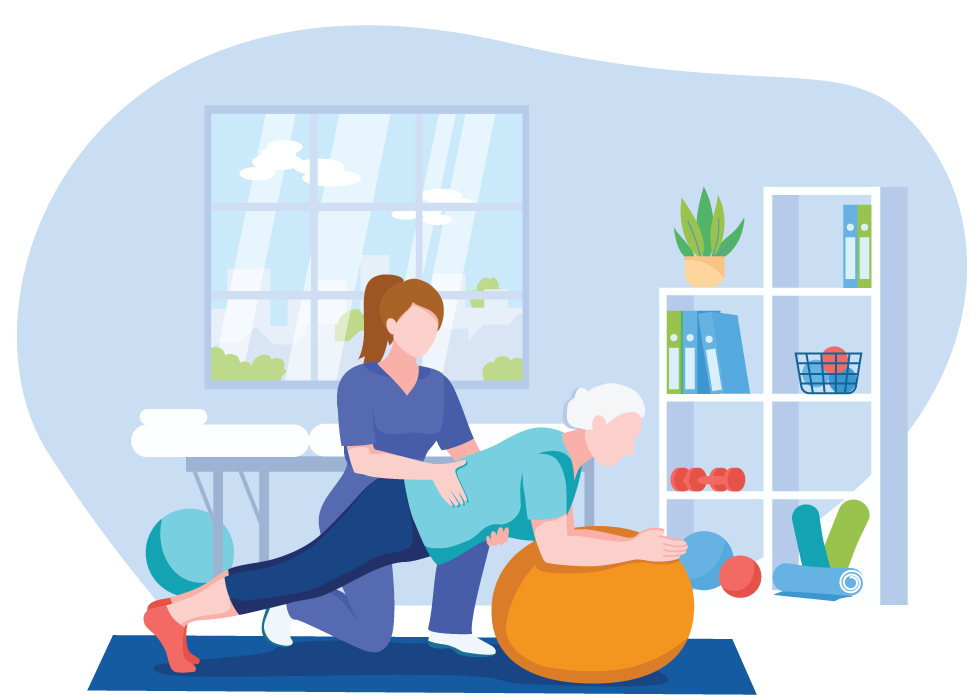
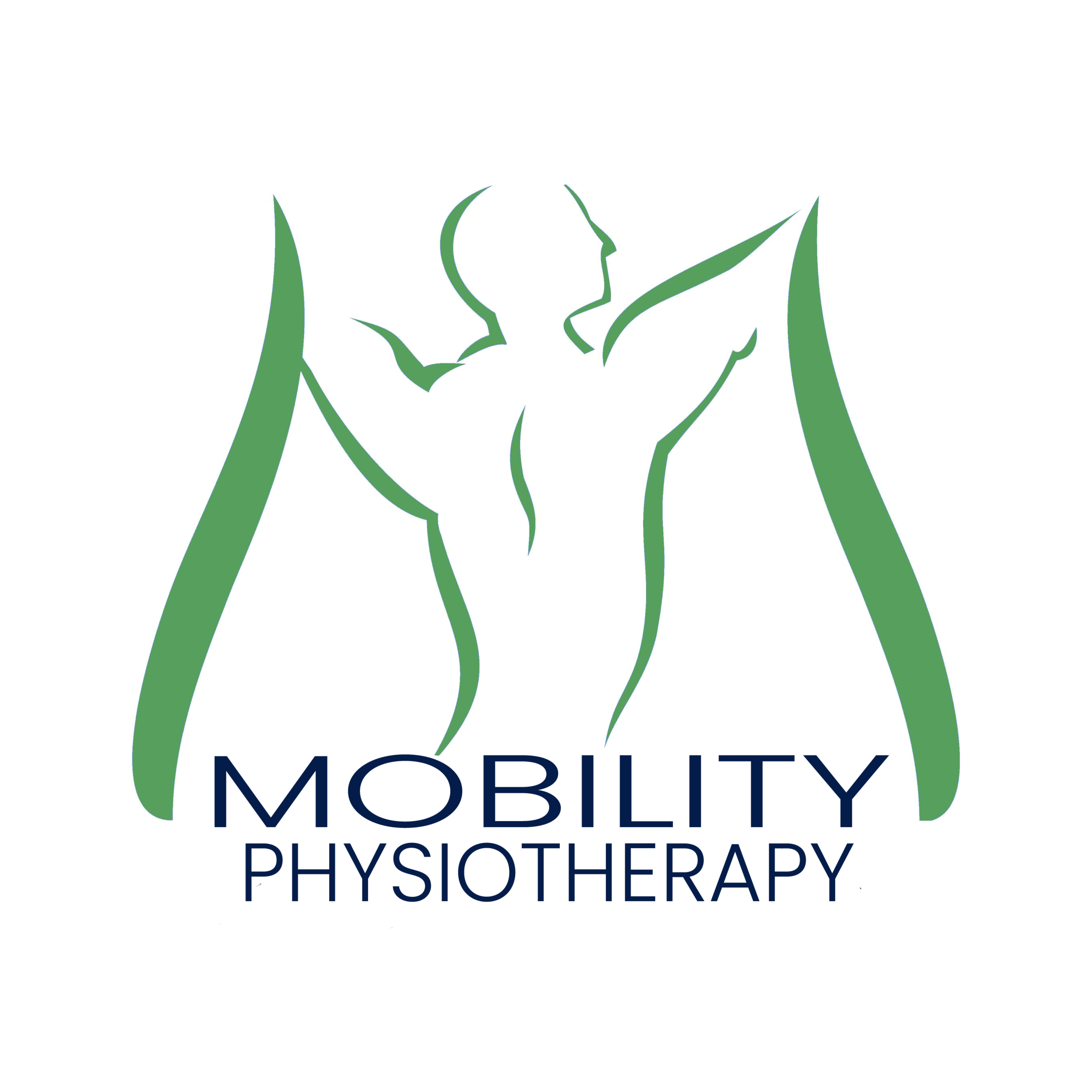
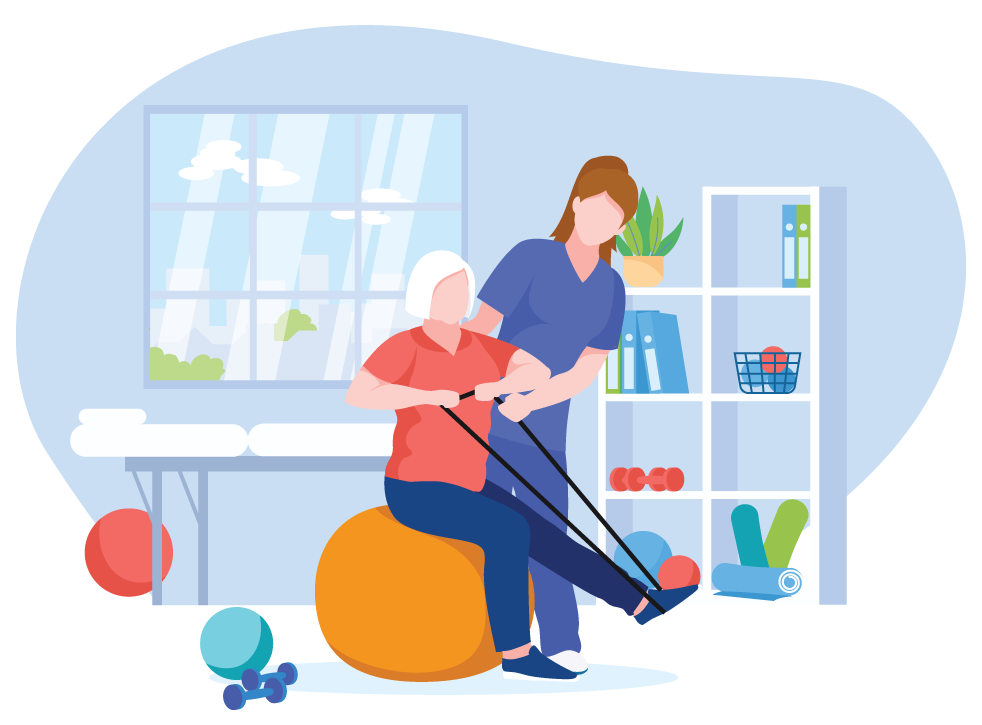
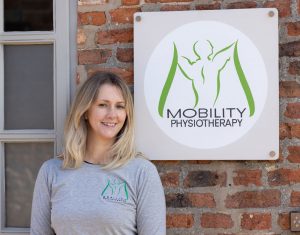

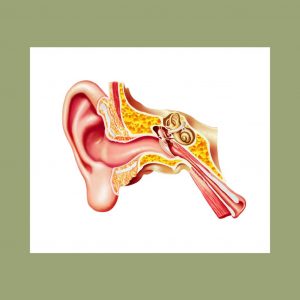
 This page contains the current position that Mobility Physiotherapy Limited is taking based on the latest government and our professional body guidance to ensure the health and safety of our patients.
This page contains the current position that Mobility Physiotherapy Limited is taking based on the latest government and our professional body guidance to ensure the health and safety of our patients.